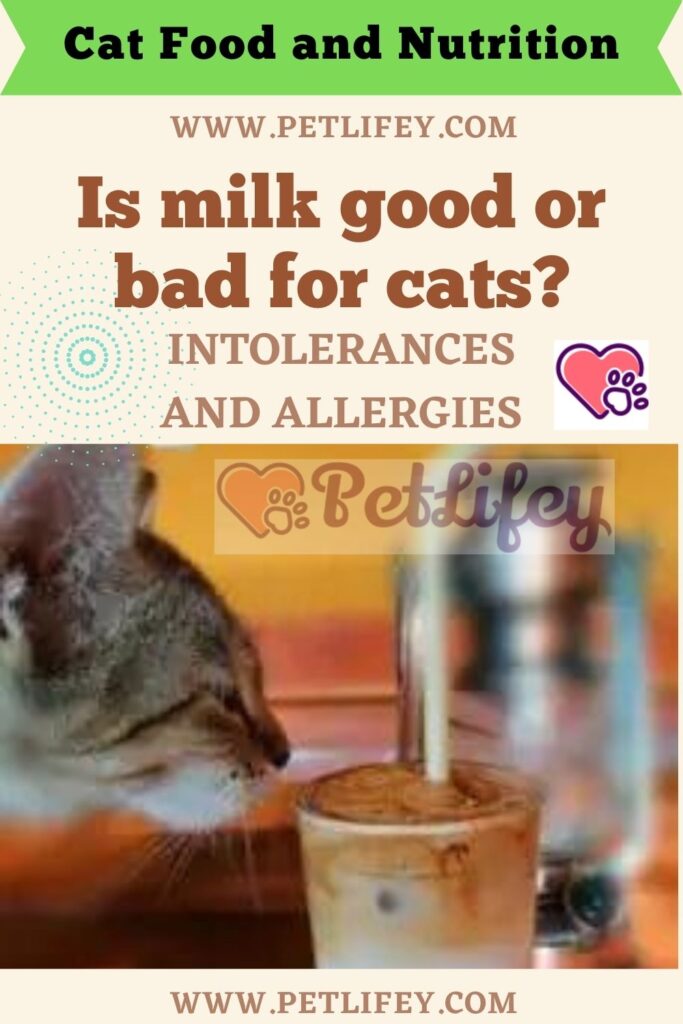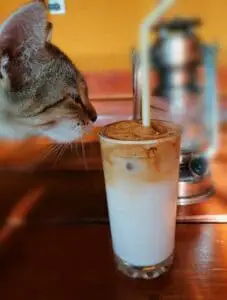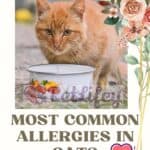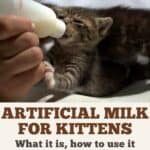
One of the biggest topics that exist in relation to cats is the kitten and the bowl of cow’s milk.
Movies, cartoons and even literature have helped to believe that milk is good for cats, if they are helpless, especially if it is small and is largely a typical mistake.
Cats, as a general rule, do not need, nor should they drink cow’s milk.
Especially if they are cats less than 2 months old, or adult cats. However, it is true that the former, if they are breastfeeding, need it, but from their own mother. Breast milk from a lactating cat.
In general, a kitten is weaned from the third or fourth month, after which they stop drinking milk forever.
The best milk for cats is their mother’s
One of the recommendations that many protectors always make is to make sure that when we find a litter of kittens, check that the mother is nearby.
The lactation period is vital for them, because their immune system is in the process of being strengthened and therefore, separating them from it, can cause a cat to be more vulnerable to diseases, for not having completed this phase, acquiring antibodies necessary.
Therefore, giving cow’s milk to a cat, in a habitual way, is to give it a food, which contains lactose in a large quantity, being responsible for digestive disorders derived from the little capacity that many cats have, to digest it, once they have passed the weaning stage.
Why is cow’s milk not good for a cat?
To understand how milk lactase affects, the first thing we will say is that it is an adaptation process according to the needs of each stage, of the digestive system of cats.
As weaning occurs, cats stop producing it, or reduce its production, because there is no longer a need to continue suckling.
In adult cats, milk intolerance is very likely to occur , precisely because they no longer produce it or if they do, it is a much smaller amount.
Symptoms of milk intolerance in cats
Regardless of its age, if a cat has developed lactose intolerance, just as it does in humans, symptoms can range from diarrhea, vomiting, stomach pain and bloating, loss of appetite, and gas.
If the cat has consumed cow’s milk and is intolerant, the most common symptom is vomiting, in which case, it is best to consult the vet to explain what happened and who will surely confirm what is happening to him and the recommendations for the future.
In some cases and in lesser numbers, it may happen that a cat is allergic to lactose, which will entail a different symptomatology, in addition to those cited to intolerance, there are skin rashes, breathing difficulties and even heart problems .
It is very important to go to the vet as soon as possible and explain what happened.
But then can I give my cat cow’s milk?

As you can see, giving cow’s milk to a cat is not necessary, and it is even most likely not a good idea.
If you do, it should be a very small amount, to make sure it doesn’t feel bad for you. If you are not intolerant or allergic, it can be given, but always in small amounts.
It would be recommended that the milk be lactose-free, and even better if they are dairy derivatives such as natural yogurt, which many cats are attracted to and like.
Remember, sporadically and in small amounts.
In the case of kittens that, due to force majeure, have been weaned prematurely, there are special milks for kittens , to cover nutritional needs, during this growth phase and only during a certain period.
As you can see , cow’s milk is not a necessary food, in the nutrition of a cat, in any of its stages and if we can dispense with its use, all the better.
The only necessary and vital milk for them is that of their mother, at birth.






